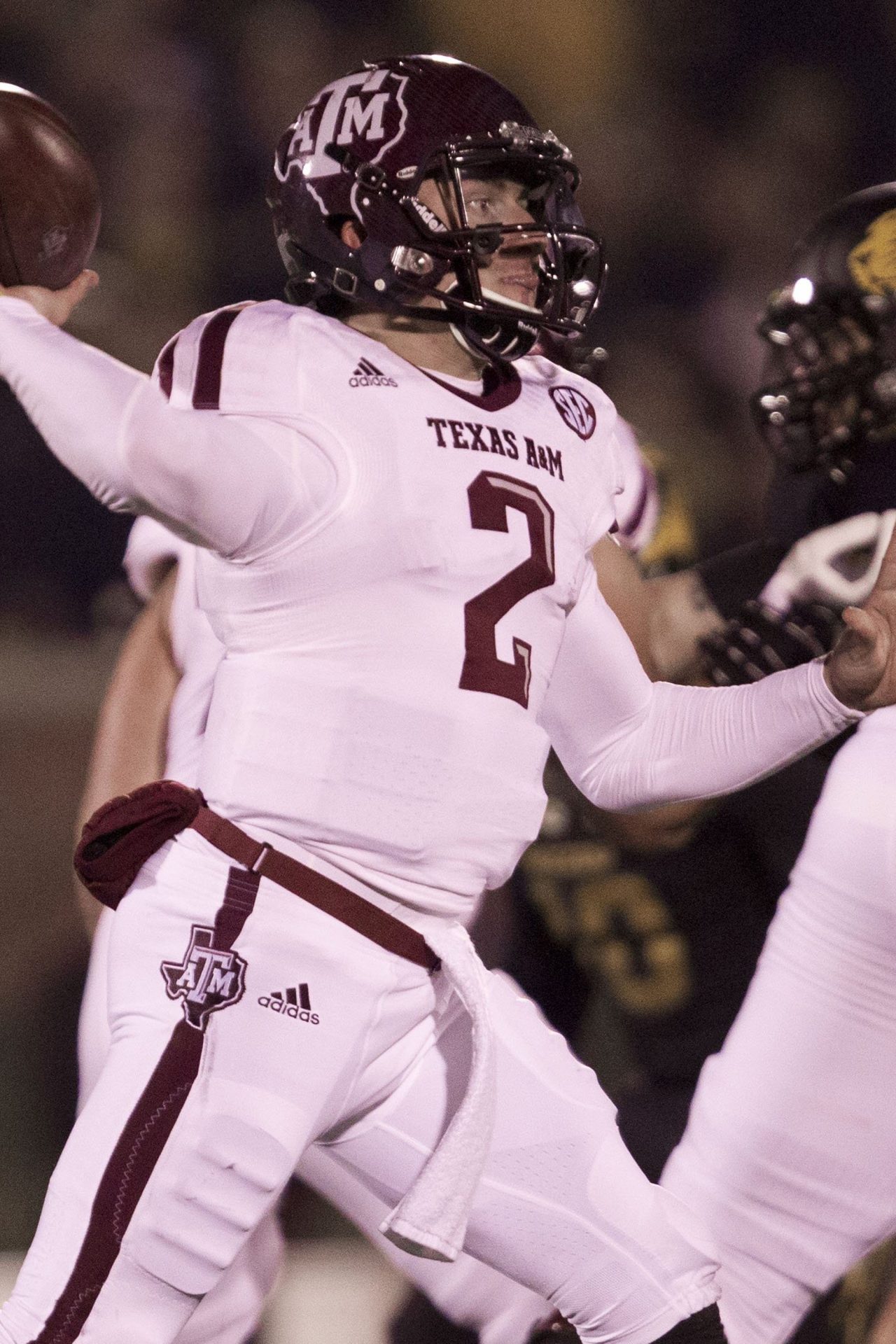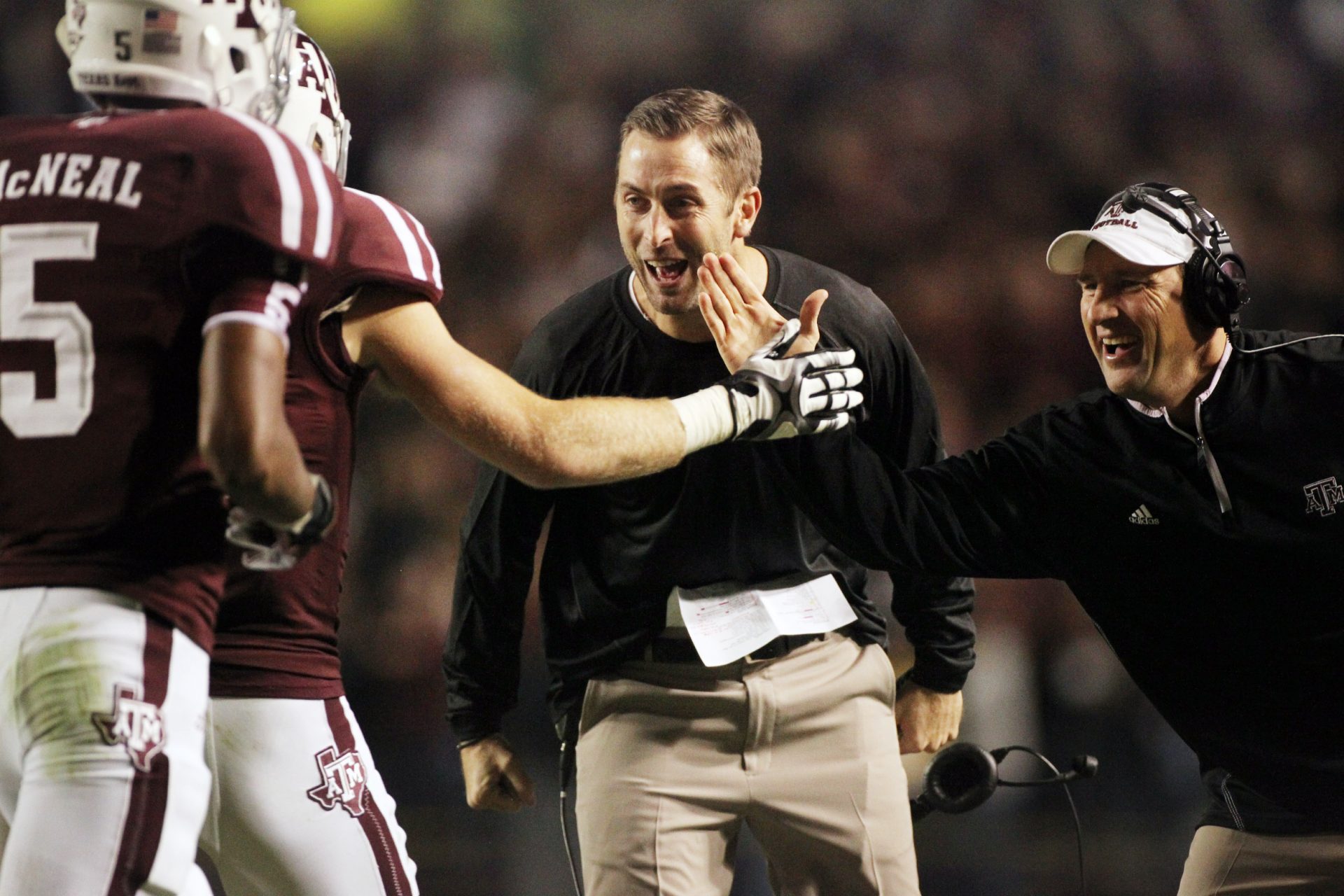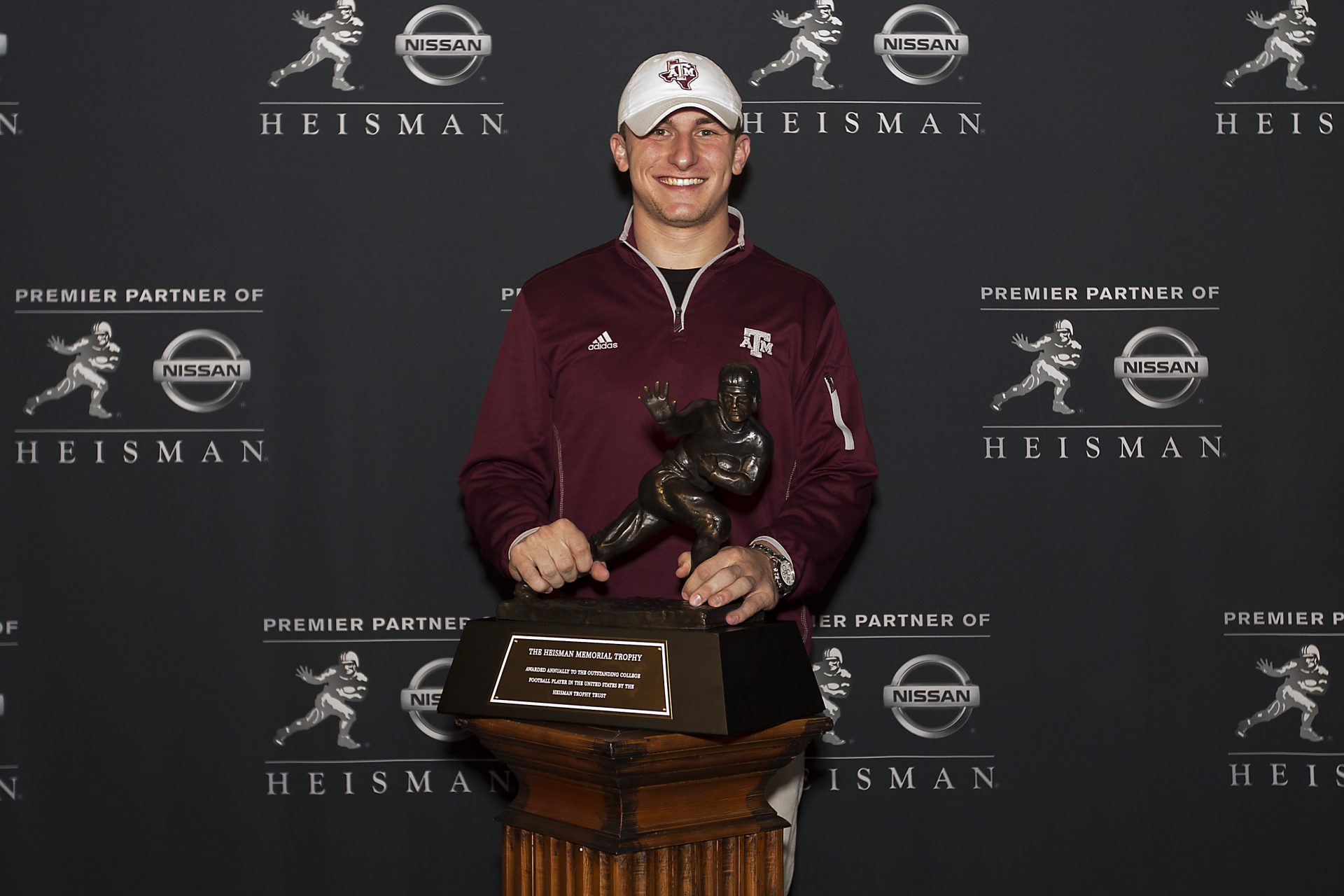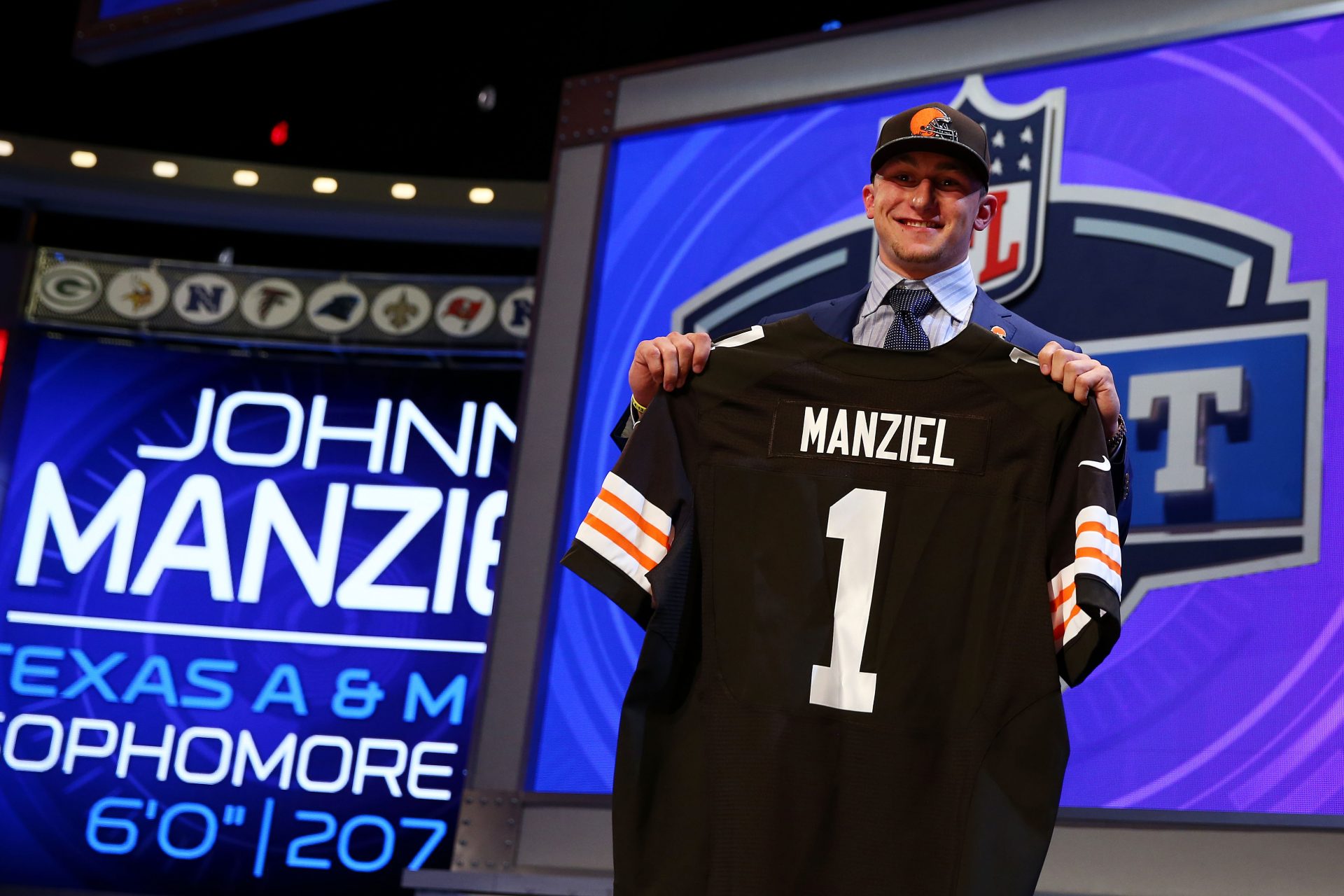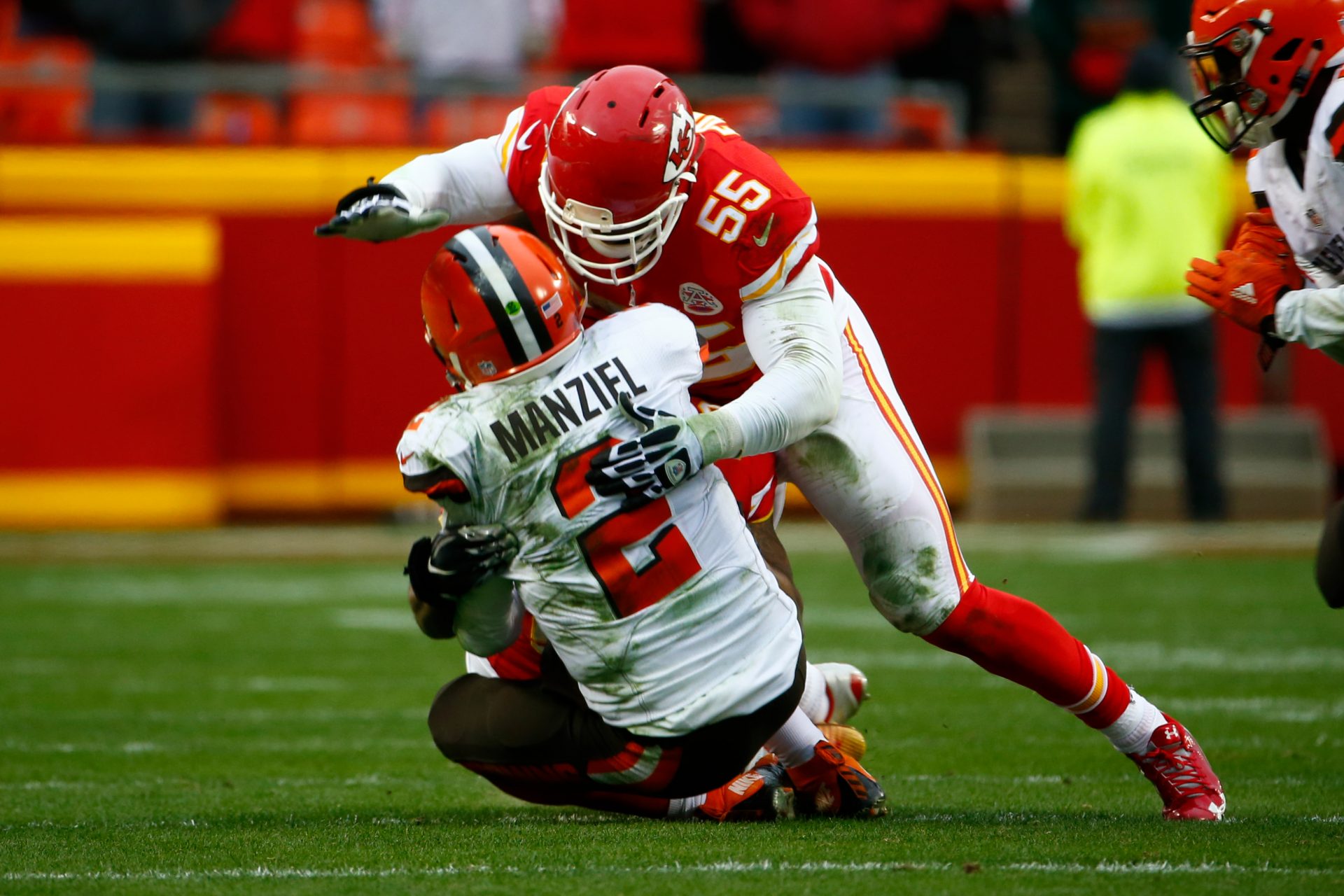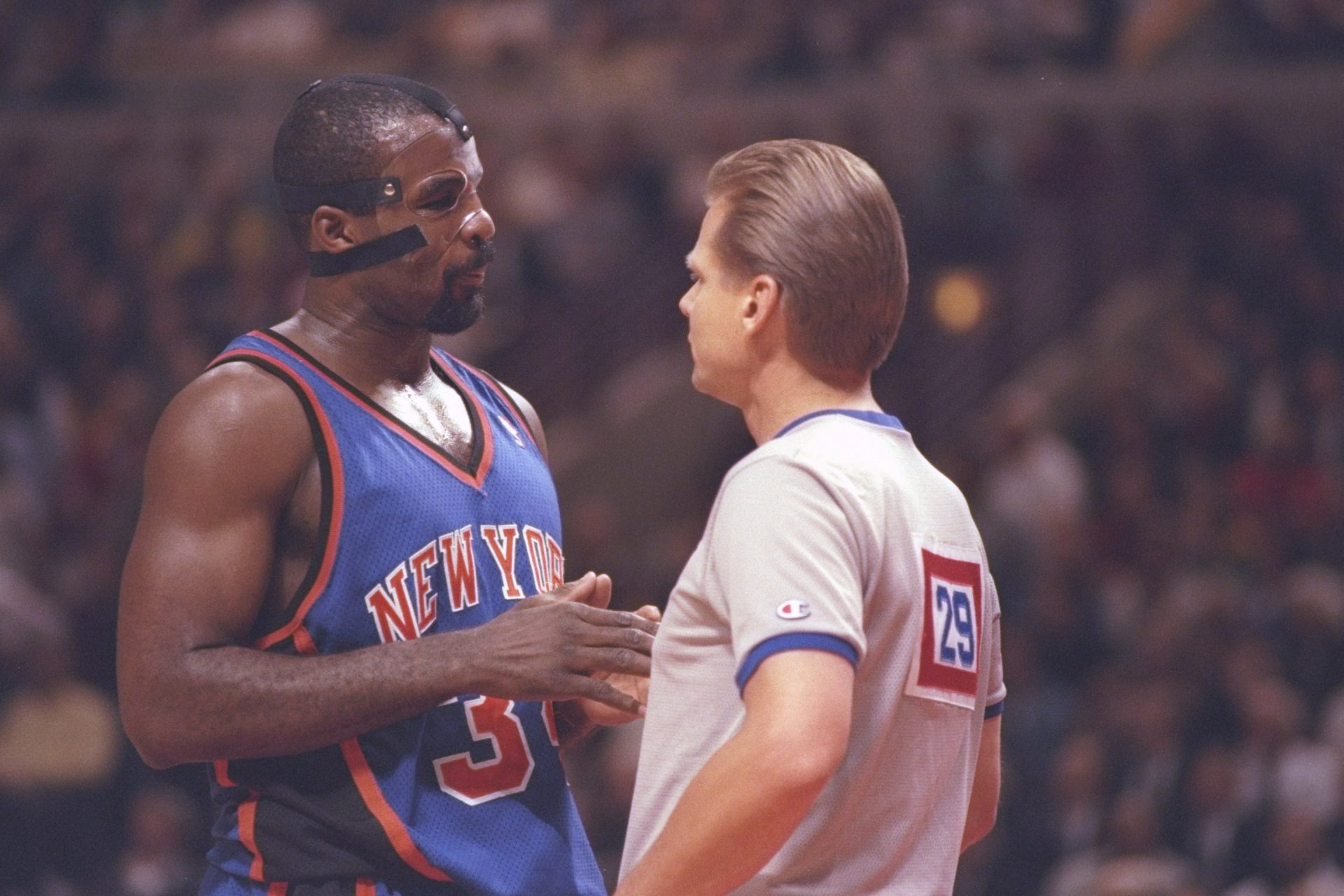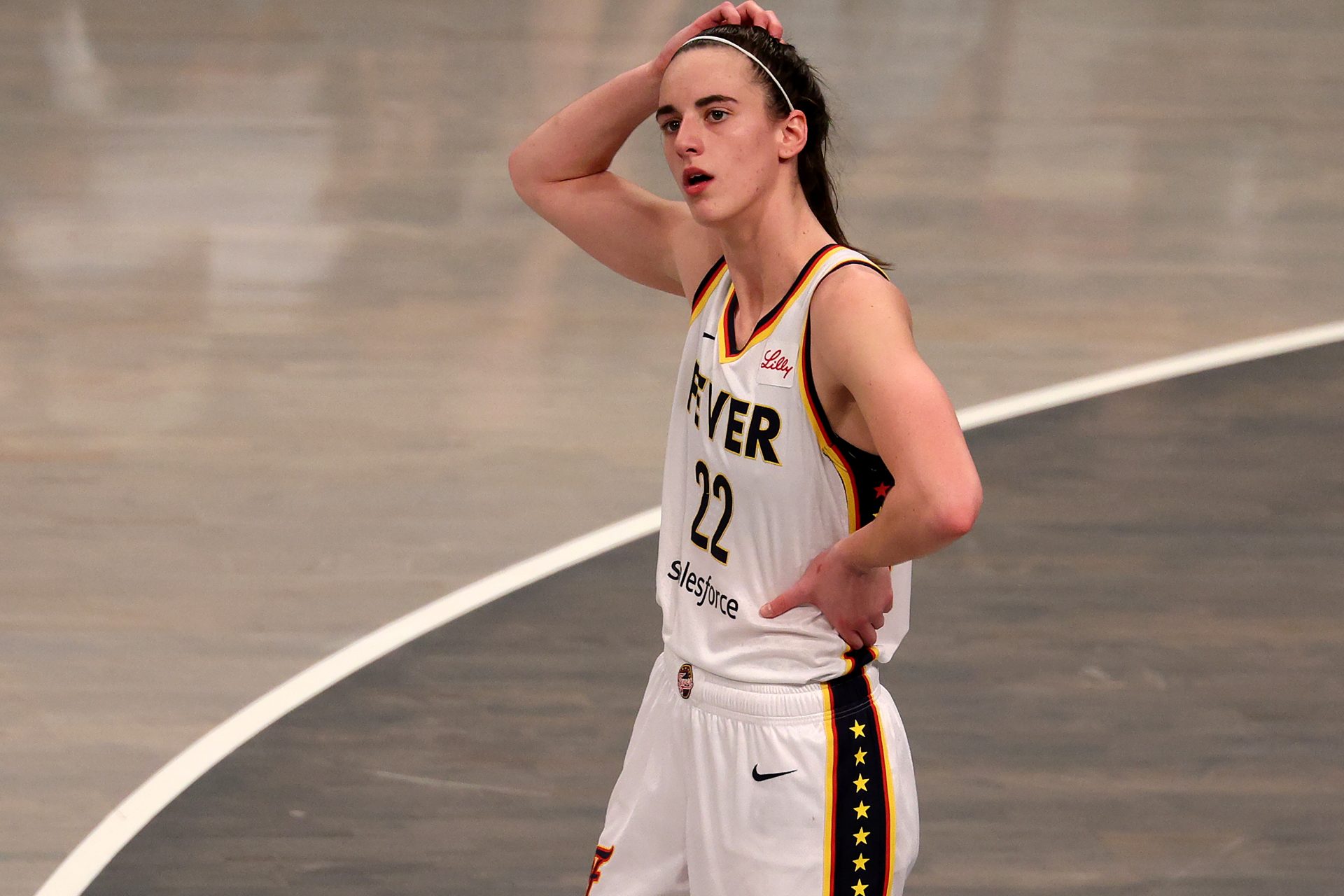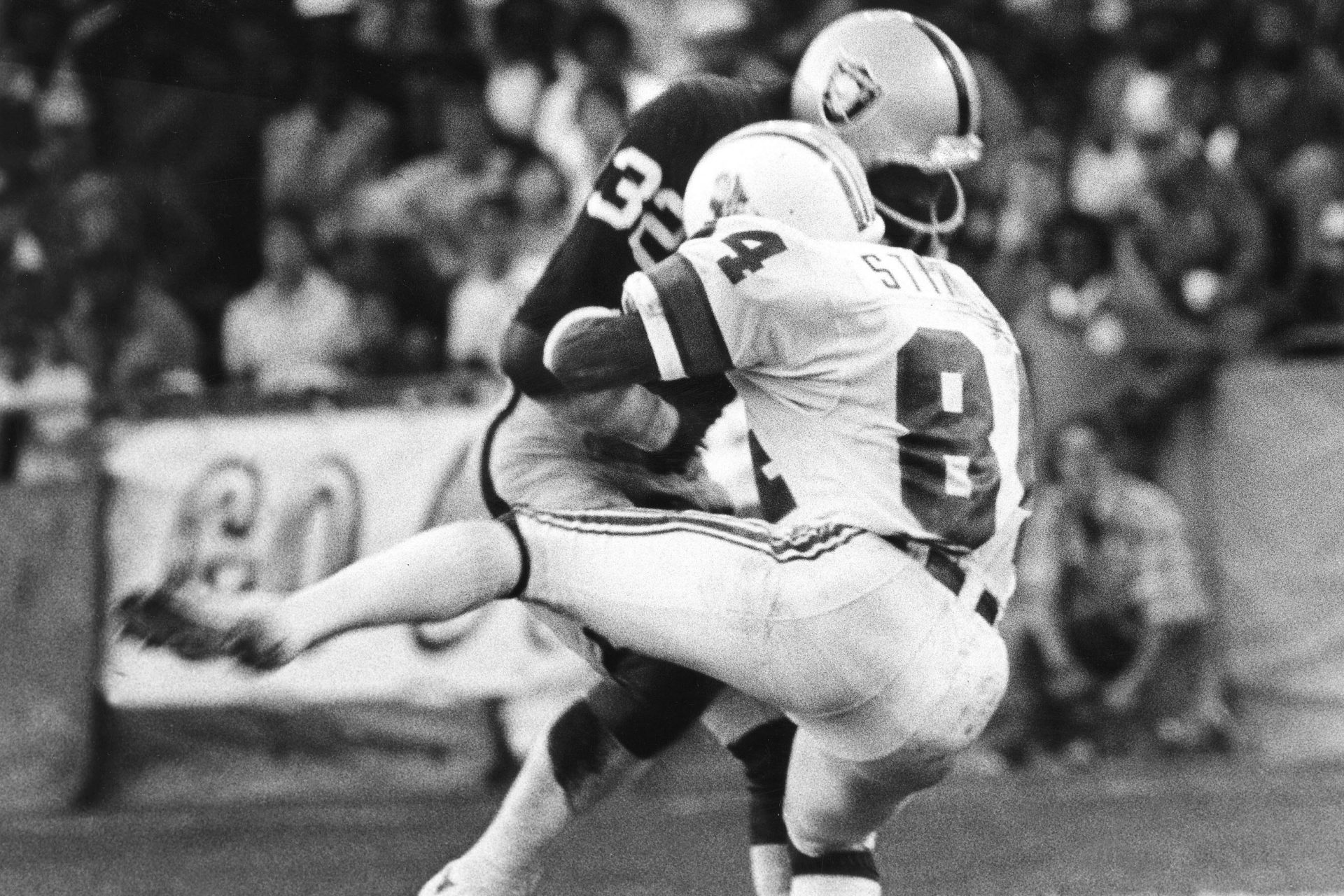Important takeaways from Netflix’s Johnny Football documentary
Considering all the things that have happened to him, it’s hard to believe that Johnny Manziel is only 30 years old. He’s already experienced a lifetime of euphoria and triumph, as well as turbulent moments of despair and depression. Netflix’s Johnny Football documentary captured the highs and lows of his rise to prominence and fall from grace.
Manziel was born in Tyler, Texas, but spent the formative part of his youth in a town called Kerrville. His father embraced the move because it allowed his son to play football at a disciplined program. The Tivy high school team practiced twice a day—before school began in the morning and after school was over. That structure helped Manziel stay focused.
He didn’t necessarily look the part of a football star, but the scrawny teenager was running defenses ragged each weekend. There’s a great anecdote about his coach calling the same exact draw play twice in a row, which resulted in consecutive long touchdown runs by Manziel. Tivy’s quarterback would record video game-like statistics in high school.
Since he was a little boy, Manziel envisioned himself attending the University of Texas to continue his football journey. However, the school didn’t show much interest in him. The Texas A&M Aggies offered Manziel a full scholarship, and he jumped at the opportunity. It wasn’t quite what he drew up, but the Texas native was determined to make things work.
The documentary features commentary from Kliff Kingsbury, who many football fans recognize from his time as the head coach of the Arizona Cardinals. At that time, Kingsbury was the offensive coordinator at Texas A&M. He spoke about balancing the challenge of turning over the offense to Manziel, while also trying to keep the college player away from drugs and alcohol.
It was one of the more unlikely stories in 21st century college sports. Manziel infused life into a program looking for an identity. Thanks to his play, Texas A&M was able to defeat the likes of college football powerhouses like the University of Alabama. For his amazing accomplishments, Manziel won the Heisman Trophy in 2012, which was the first time a freshman ever captured the award.
In the last couple of years, the NCAA changed its policy to allow athletes to profit from endorsement deals related to their name and likeness. However, student-athletes before that did not receive a dime for money their university made off their name. Manziel decided to take matters into his own hands by signing autographs for money secretly, but the NCAA was suspicious.
Perhaps the main theme of the documentary is Manziel’s struggle with addiction. It was said that other people would take drug tests for him during his time at Texas A&M. His former NFL agent spoke about how difficult it was to keep the quarterback away from these influences as a lucrative NFL contract awaited him.
Manziel thought that he would be the first quarterback taken in the 2014 NFL Draft, and hoped that the Dallas Cowboys would take him. He slid to the 22nd overall pick, where the Cleveland Browns selected him. As was highlighted in the piece, Manziel didn’t put much effort into being a professional quarterback. He was notorious for not watching film and partying before games.
Manziel’s NFL career would last two short seasons, and he went off the deep end after that. He leaned into spending all of the money he earned on extravagant nightlife, without much of a plan to get the train back on the tracks. The film ends with Manziel retreating back to his parents' home after his extended bender. It appears as if the former star will embrace a reclusive life for a little while.
More for you
Top Stories






